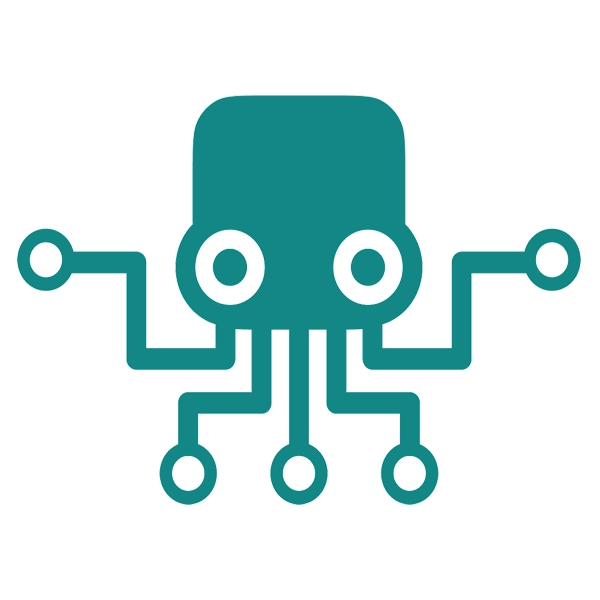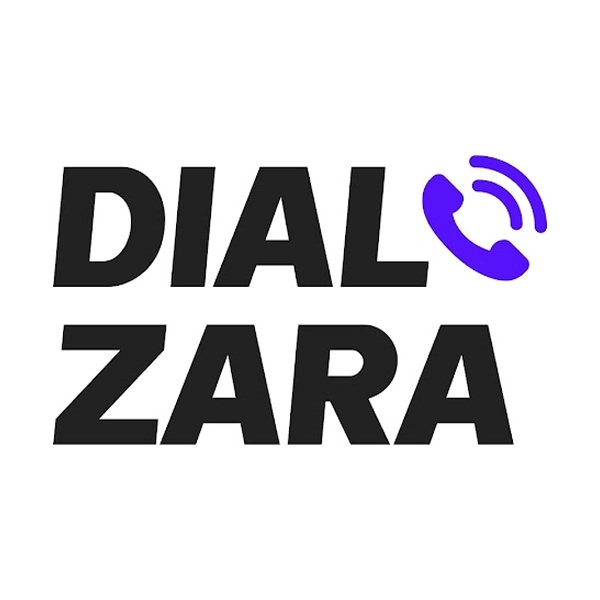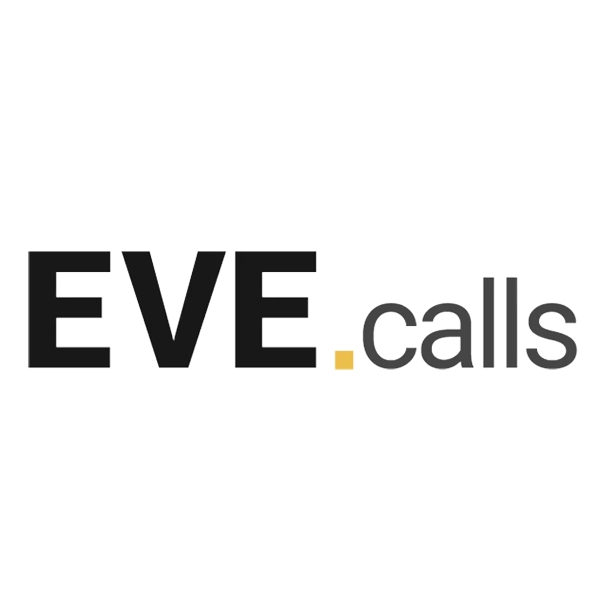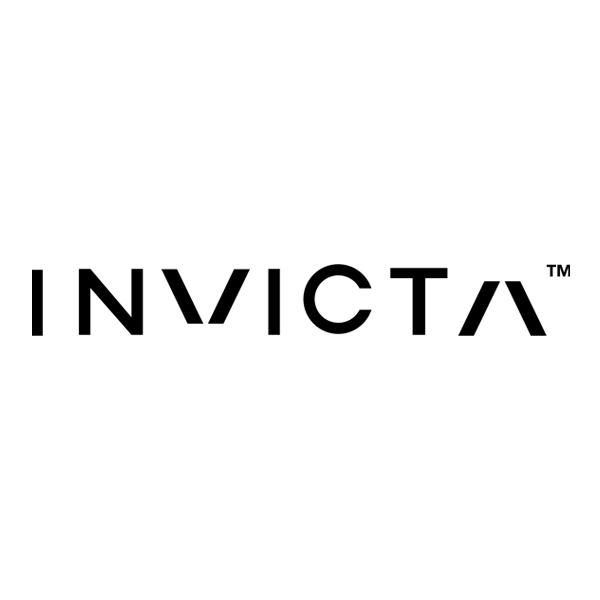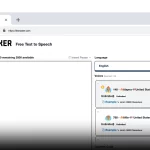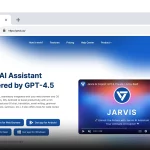Answering Service vs AI Answering Service Answering Service vs AI Answering Service: We get into the differences and nuances.

Conversational Voice AI, trained to speak your business.
 Build An Ai Agent
Build An Ai Agent

Table of Contents
Alright, let’s dive into the world of answering services and their high-tech cousins, AI answering services. Imagine you’re a small business owner juggling a million things at once. You’ve got customers calling, inquiries flooding your inbox, and you just need a break. Enter the answering service and the AI answering service to save the day. But what’s the difference? And which one is right for you? Let’s break it down.
The Classic Answering Service
Ah, the good old answering service. This involves real human agents who pick up the phone, answer customer questions, schedule appointments, and provide that much-needed personal touch. It’s like having a virtual receptionist without needing extra office space. Human agents can handle customer inquiries with empathy, adapt to unexpected scenarios, and provide follow-up, which can be crucial for customer satisfaction and retention. They are particularly useful in industries like healthcare, where the nuances of human interaction are paramount.
However, there are some drawbacks. Human answering services can be costly, especially for startups and small businesses watching their budgets. They can also be limited by call volumes and after-hours availability, leading to longer wait times and the dreaded voicemail.
The AI Answering Service
Now, let’s talk about the AI answering service. Leveraging the power of artificial intelligence, these systems can handle a high volume of calls without breaking a sweat. Thanks to modern technology like natural language processing (NLP) and machine learning, AI-powered answering systems can understand and respond to customer queries almost like a human would. They can route calls, provide information, book appointments, and even integrate with your CRM for seamless customer interactions.
One of the biggest advantages of an AI phone answering service is scalability. As your business grows, an AI system can effortlessly manage increased call volumes, ensuring your customers don’t face long wait times or get sent to voicemail. Plus, AI systems are cost-effective, offering a range of pricing plans that can fit various business needs.
But let’s not get carried away with the hype. AI answering services, despite their many strengths, can lack the personal touch of a real person. While they excel at handling routine inquiries and FAQs, they might struggle with complex or emotionally charged interactions where human empathy and adaptability are essential. After all, no one wants to explain their issue to a chatbot when they’re frustrated and need immediate assistance.
So, Which One is Better?
It really depends on your specific business needs. For businesses that prioritize a personal touch and have the budget, a human answering service can be a great choice. They’re particularly beneficial for industries where customer relationships are key, like healthcare or high-end services.
On the other hand, for businesses looking for cost-effective, scalable solutions that can handle high call volumes and after-hours inquiries, an AI answering service is a fantastic option. Startups and tech-savvy companies might find the automation and efficiency of AI systems to be just what they need to enhance their customer experience.
The Hybrid Approach
Here’s a thought: why not both? Many modern businesses are finding success with a hybrid approach, combining the strengths of human agents and AI technology. During peak hours or for complex customer interactions, human agents can take over. Meanwhile, AI can handle routine calls, schedule appointments, provide information, and manage after-hours support. This ensures that callers always get the best possible experience, balancing the personal touch of human interaction with the efficiency and scalability of automation.
Top 3 Answering Services
These are answering services that have real humans answering phones. You just offshore your front desk duties to them. Though, some on this list are considered hybrid – with a small blend of AI.
1. Smith.ai
Smith.ai provides a robust call answering service that combines the efficiency of automated answering services with the personal touch of live receptionists. Their phone systems integrate seamlessly with call centers, using interactive voice response (IVR) and advanced algorithms to handle and route calls efficiently while ensuring a human touch when needed.
2. Ruby Receptionists
Ruby Receptionists excels in delivering personalized receptionist services, emphasizing the human touch in all customer interactions. They utilize advanced phone systems and offer automated answering services to handle high call volumes, integrating IVR and smart call routing algorithms to ensure efficient and professional call handling.
3. AnswerConnect
AnswerConnect offers a comprehensive call answering service with a strong focus on providing 24/7 live receptionist service. Their phone systems support call centers with automated answering services, incorporating interactive voice response (IVR) and sophisticated algorithms to enhance call routing and customer service, ensuring every caller receives personalized attention.
Top A AI Answering Services
PlayAI is the only one in this list that is truly an AI answering service. You’ll notice that Smith AI is repeated here because it is a hybrid service with a small AI offering.
1. Play.AI
Play.AI is revolutionizing customer interactions with its cutting-edge conversational AI, featuring smart agents that handle tasks with remarkable human-like precision. These intelligent agents excel in managing bookings, whether it’s making, editing, or canceling appointments, all while seamlessly integrating into your existing workflows.
What sets Play.AI apart is its ability to be interrupted mid-conversation, just like a real person, ensuring that interactions remain natural and responsive. This level of sophistication in AI technology makes Play.AI the best choice for businesses seeking to enhance their customer experience with advanced, actionable, and adaptable solutions.
2. Smith.ai
Smith.ai is a premier AI answering service known for its effective integration of advanced phone systems with call center operations. They provide automated answering services enhanced by sophisticated algorithms, ensuring efficient and intelligent call handling. Their interactive voice response (IVR) system and virtual receptionist service add a human touch to their comprehensive call answering service, meeting the needs of businesses looking for both automation and personalized customer interactions.
3. Nextiva
Nextiva offers a top-tier AI answering service that leverages advanced phone systems and interactive voice response (IVR) technology to streamline call center operations. Their automated answering services use cutting-edge algorithms to manage and route calls efficiently, while their receptionist service ensures that customers receive a human touch when needed. Nextiva’s call answering service is designed to balance automation with personalized customer support, making it a reliable choice for businesses of all sizes.
AI Answering Service vs Answering Service Comparison
| Feature | AI Answering Agents | Virtual Answering Services |
|---|---|---|
| Cost | Generally lower costs due to automation | Higher costs due to human labor |
| Availability | 24/7 availability | Limited to human working hours or shifts |
| Consistency | Provides consistent responses | May vary based on the agent’s knowledge and mood |
| Scalability | Easily scalable to handle large volumes of inquiries | Limited scalability, requires more agents for higher volume |
| Response Speed | Instant responses | Potential delays depending on agent availability |
| Training Time | Quick to deploy with pre-built models | Requires time to train and onboard new agents |
| Error Rate | Low error rate with proper configuration | Higher potential for human error |
| Data Handling | Can handle large datasets efficiently | Limited by human processing capabilities |
| Integration | Easily integrates with various software and platforms | Requires manual setup and integration |
| Language Support | Supports multiple languages with language models | Limited by the agent’s language proficiency |
| Personalization | Can use data to personalize responses dynamically | Personalization depends on agent’s memory and notes |
| Fatigue and Breaks | Does not require breaks or suffer from fatigue | Requires breaks and may suffer from fatigue |
| Security and Privacy | Controlled and encrypted data processing | Risk of human error or breaches |
| Adaptability | Quickly adapts to new information and updates | Takes time to train and adapt to new information |
| Initial Setup | Requires initial configuration and training | Requires hiring, training, and management |
| Emotional Response | Lacks human empathy but can simulate empathetic responses | Provides genuine human empathy |
| Complex Query Handling | Can handle complex queries with advanced algorithms | May struggle with very technical or complex queries |
Tying it all Up
In the end, whether you go for a traditional answering service or an AI-powered one, the goal is the same: to enhance customer satisfaction and provide seamless support. By understanding the strengths and limitations of each, business owners can make informed decisions that align with their unique needs and customer expectations.
And hey, if you’re still on the fence, there’s always the option to start small and test the waters. After all, in this fast-paced world of customer interactions, a little experimentation can go a long way in finding the perfect balance for your business. Cheers to fewer missed calls and happier customers!
What is the difference between an answering service and an answering machine?
An answering service involves live agents or automated systems managing phone calls and customer support, while an answering machine simply records voicemails.
Do answering services still exist?
Yes, answering services, including both human-operated and automated systems, are still widely used for handling phone calls and enhancing customer support.
What is the disadvantage of an answering service?
The main disadvantage of an answering service can be the cost, particularly for small businesses, and sometimes a lack of the personal touch found in human interactions.
What is an answering service?
An answering service is a call handling solution that manages phone calls and customer inquiries, either through live answering services with human agents or automated systems like IVR and virtual assistants, to meet customer needs efficiently.
Similar articles
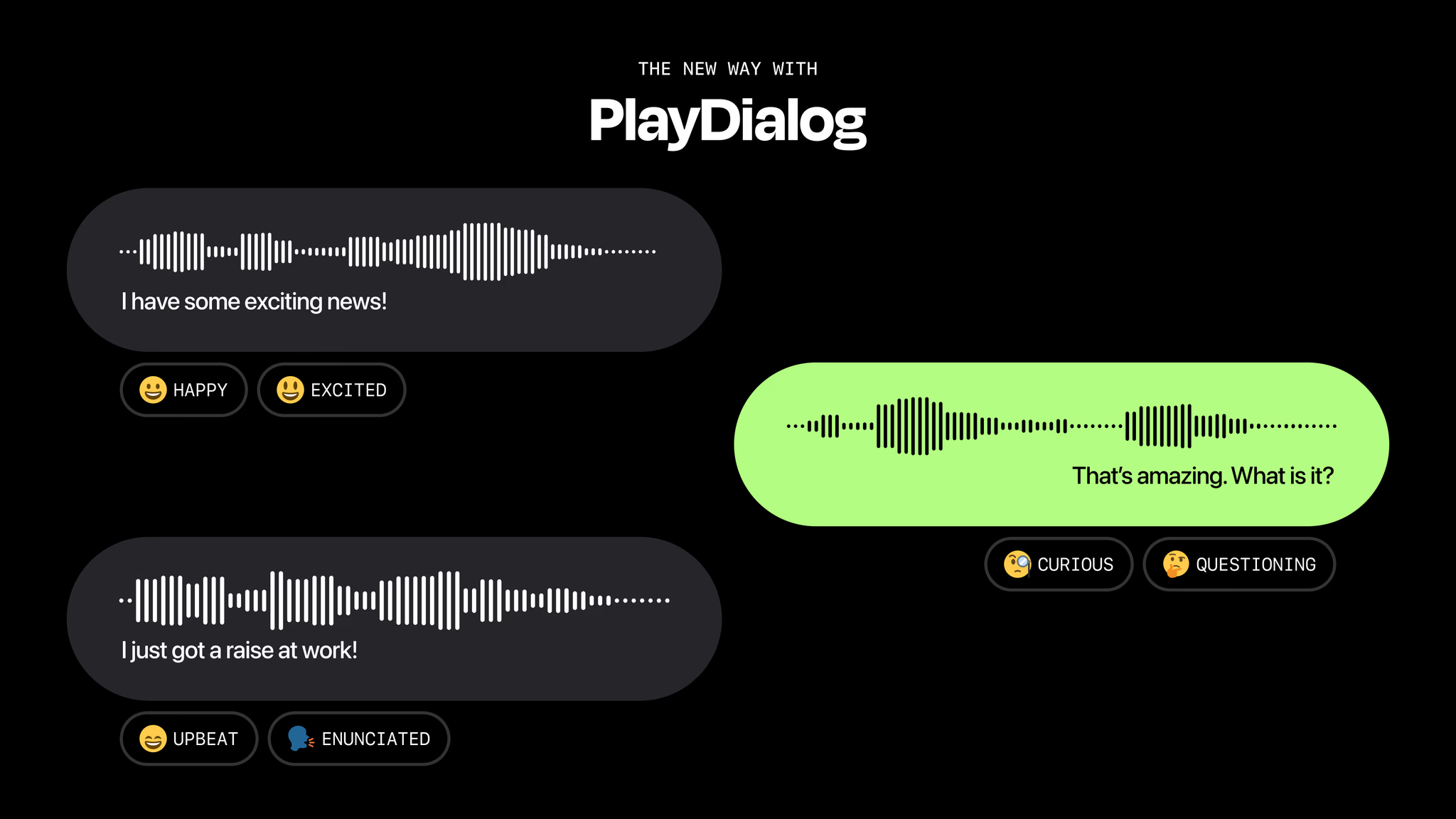
Introducing PlayDialog – A voice model built for fluid, emotive conversation

Introducing Play 3.0 mini – A lightweight, reliable and cost-efficient Multilingual Text-to-Speech model
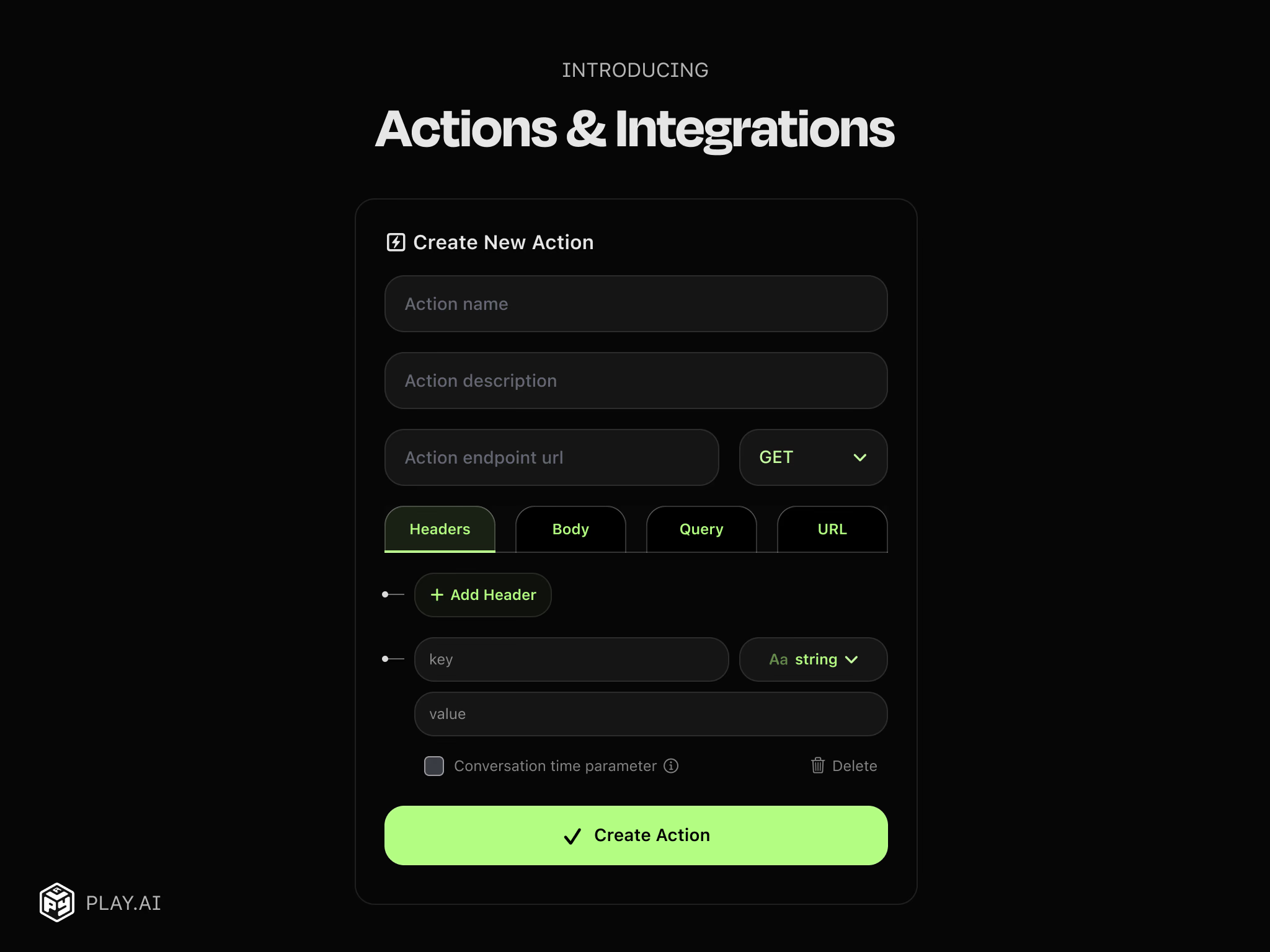
Play Actions 1.0

Introducing Play AI – A Conversational Voice Interface for AI

Create Agent Updates

What’s New In Play.ai

Tips for Creating the Best AI Voice Clones

Phone Ordering System: Revolutionizing Customer Experience with AI Solutions

Contact Center Automation: Faster, Smarter Support

AI Customer Service: Support that Never Sleeps

AI for Real Estate Leads: Close Deals Fast

AI Concierge: Transforming Customer Interactions

PlayAI’s $21M Funding and The Release of a New Multi-Turn Speech Model

Synthflow AI Pricing : A Complete Overview

Bland AI Pricing 2025: Everything You Need to Know




















































